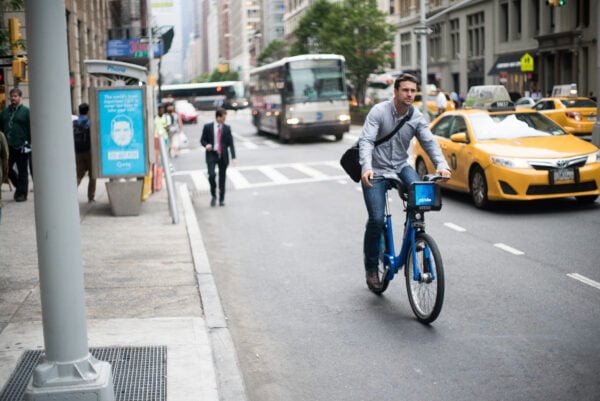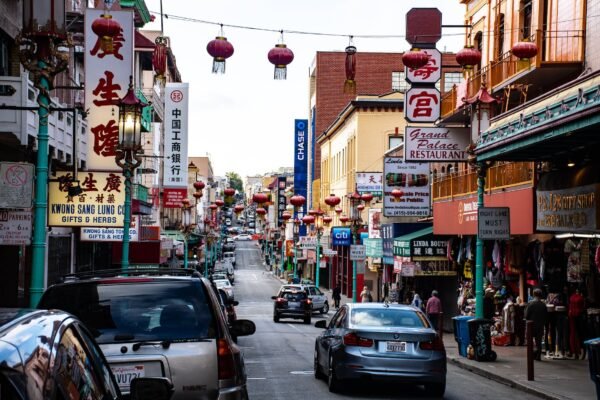Combatting Pseudoscience with Dr. Andrea Love
Belief in pseudoscience is a significant problem today, particularly in the U.S., where a 2022 study reports that 10% of people believe the Earth is flat (there is even a Flat Earthers movement). Wired magazine is combating pseudoscience with a series of videos by the authoritative and smart (not to mention camera-ready) biomedical scientist, Dr. Andrea Love.
















